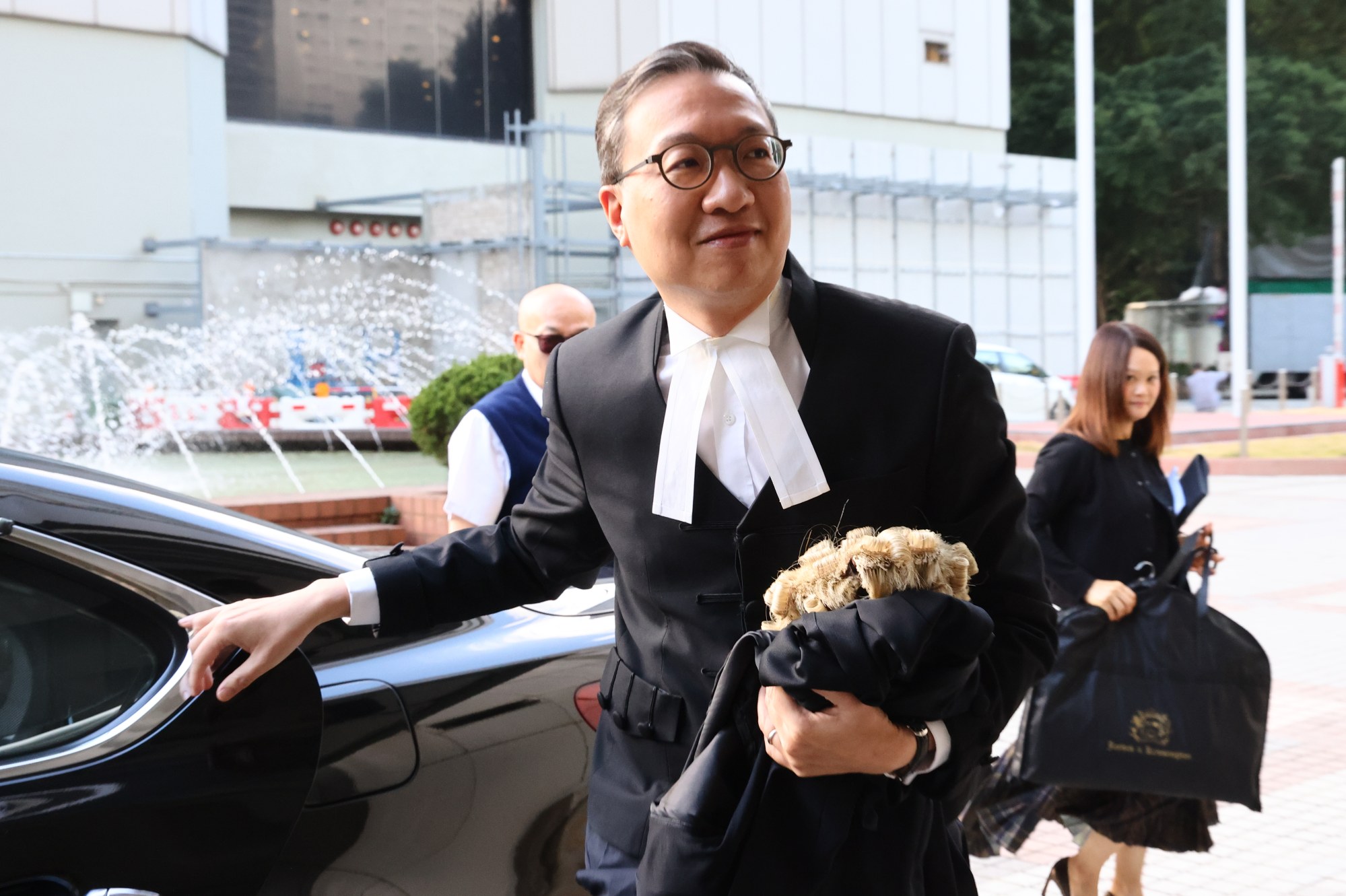Hong Kong national security law: government publishes annotations, case summaries as ‘convenient and practical tool’ for public
“The webpage will serve as a convenient and practical tool for promoting national security education and conducting legal research on our national security laws,” he said.
Hong Kong court rejects Jimmy Lai’s request to dismiss sedition charge
The online resource was last updated on Thursday.
Albert Chen Hung-yee, a University of Hong Kong law professor and former Basic Law Committee member, served as the “honorary consultant editor” and also penned a foreword.
The Post has reached out to Chen for comment.
The content is organised into seven parts, including the two forewords, a preface, a 2,900-word introduction, as well as the security law’s full text and two sections of the Crimes Ordinance related to sedition.
One part is dedicated to a case law discussion of the authority of police under the implementation rules for Article 43 of the national security law, with many of the lawsuits cited involving earlier legal challenges made by media mogul Jimmy Lai Chee-ying.

Lai is facing trial next month on charges of sedition and collusion with foreign forces.
The webpage, citing cases related to the now-closed tabloid newspaper Apple Daily, states that “press freedom does not equate [to] any blanket prohibition” against the seizure of journalistic material, which is “no more than a relevant consideration” in the courts’ exercise of discretion.
The text explains that while the definition of “specified evidence” in the implementation rules is “wide enough” to cover journalistic material, it “does not diminish the protection afforded to freedom of the press by the local laws or violate the principle of legality”.
Hong Kong court cites activist’s behaviour post-security law in denying bail
The passage also cites cases involving veteran activist Koo Sze-yiu and speech therapists behind a children’s book series as examples for determining intent in sedition lawsuits. Such intentions depend on “the subjective intention of the person uttering the words or printing the publication”, the text states, with one of the court’s considerations being “the surrounding circumstances and atmosphere” of the acts.
The last part comprises a table of 106 cases, listing out their names and numbers, judgment dates and links to PDF files containing either a summary or digest. Five of these cases involve Lai and three concern ex-activist Chow Hang-tung.
In a disclaimer, the Department of Justice said it did not accept responsibility “for any errors and omissions on the webpage”, the contents of which should not be regarded as its legal advice or position. The department also said a Chinese version of the webpage would be available early next year.